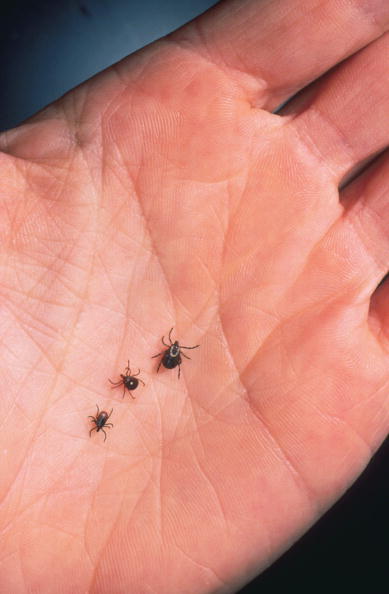
Enjoying the outdoors is a healthy thing to do, according to the U.S. Centers for Disease Control and Prevention. Even though you might get a tick bite while you are hiking, camping, or gardening, it is still better to be get outdoors regularly for exercise and activities that are good for you.
Tick-borne diseases are more common in some parts of the country than others, but there are good ways to protect yourself. Ticks can carry bacteria, viruses, and parasites, but the first thing to understand is that not every tick is infected. Even if you get a tick bite, you may not become infected.
Preventing tick bites is the best course of action no matter where you live. Ticks like moist environments in or near wooded or grassy areas. If you can, avoid walking through tall grass. If you are hiking, keep to the middle of the trail.
Use an insect repellent that contains the ingredient DEET on your skin. Wear long pants and long sleeves if you can. You can also use insecticides that contain an ingredient called permethrin on your boots, clothing, and camping gear.
If you've been in tick-infested areas, carefully do a full-body check, including looking under your arms, behind knees and ears, and in your hair. Shower after you come in from outdoors to spot ticks more easily. Check your pets for ticks.
You can discourage ticks from making their home around your home by keeping your grass cut and removing leaf litter and brush.
If you are bitten by a tick, remove it as soon as possible. Do this by grasping it with tweezers as close to your skin as possible and pulling it straight out.
Keep an eye out for a rash or a fever in the days and weeks about the bite. If you get sick after a tick bite, see your doctor.
You can find more information about ticks, tick bites, and tick-borne infections at the CDC's website at http://www.cdc.gov/ticks/.
